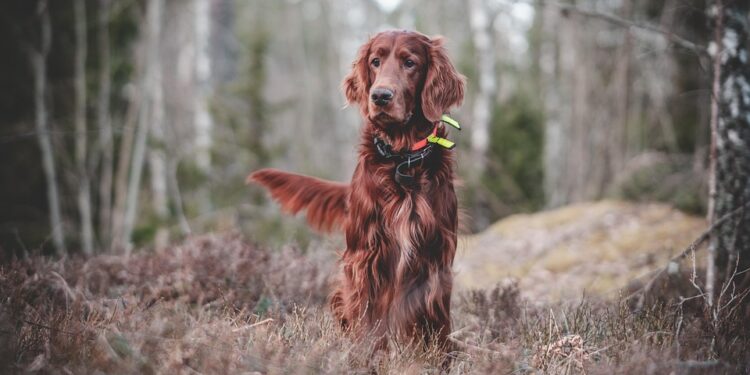The Surprising Side Effects: How Vaccines Can Impact Your Dog’s Behavior
As a responsible pet owner, you know the importance of vaccinating your dog to protect them from potentially deadly diseases. However, what you may not be aware of are the possible side effects that vaccines can have on your dog’s behavior. In this article, we will explore the surprising ways in which vaccines can impact your furry friend’s behavior and what you can do to help mitigate any negative effects.
Understanding Vaccine-Related Behavior Changes
When you take your dog to the vet for their annual vaccinations, you may notice that they seem a bit off in the days following the shots. This is not uncommon, as vaccines can trigger a variety of physical and behavioral responses in dogs. Some of the most common behavior changes that pet owners report include:
- Increased lethargy
- Loss of appetite
- Sensitivity to touch
- Aggression
- Anxiety
It’s important to note that not all dogs will experience these side effects, and some may have a more severe reaction than others. If you notice any concerning changes in your dog’s behavior after vaccinations, it’s essential to consult with your vet to determine the best course of action.
Factors That Can Influence Vaccine-Related Behavior Changes
There are several factors that can influence how vaccines impact your dog’s behavior. These include:
- Age: Young puppies and senior dogs may be more susceptible to vaccine-related behavior changes.
- Breed: Certain breeds may have a genetic predisposition to react more strongly to vaccines.
- Health: Dogs with underlying health conditions may be more sensitive to vaccines.
- Vaccine type: Some vaccines may have a higher likelihood of causing behavior changes than others.
By understanding these factors, you can better prepare for any potential behavior changes in your dog and take steps to minimize their impact.
How to Help Your Dog Through Vaccine-Related Behavior Changes
If your dog is experiencing behavior changes after vaccinations, there are several things you can do to help them through this challenging time:
- Provide a quiet and comfortable space for your dog to rest and recuperate.
- Offer plenty of fresh water and nutritious food to help support their immune system.
- Avoid strenuous exercise and activities that may exacerbate their symptoms.
- Monitor their behavior closely and contact your vet if you have any concerns.
It’s essential to remember that vaccine-related behavior changes are typically temporary and should resolve on their own within a few days. However, if your dog’s symptoms persist or worsen, it’s crucial to seek veterinary care to rule out any underlying health issues.
Common Questions About Vaccine-Related Behavior Changes
As a pet owner, you may have some questions about vaccine-related behavior changes in dogs. Here are some common queries and answers to help you better understand this topic:
Can vaccines cause aggression in dogs?
While it is rare, some dogs may exhibit aggressive behavior after receiving vaccinations. This is typically a temporary response and should subside within a few days. If your dog’s aggression persists, consult with your vet for further evaluation.
How long do vaccine-related behavior changes last?
Most vaccine-related behavior changes in dogs will resolve on their own within a few days. If your dog’s symptoms persist for more than a week, it’s essential to seek veterinary care to determine the underlying cause.
Are there ways to prevent vaccine-related behavior changes in dogs?
While it’s impossible to predict how your dog will react to vaccines, there are some steps you can take to help minimize their impact. These include providing a calm and comfortable environment for your dog before and after vaccinations and following your vet’s recommendations for post-vaccine care.
Conclusion
Vaccinating your dog is crucial for their health and well-being, but it’s essential to be aware of the potential side effects that vaccines can have on their behavior. By understanding how vaccines can impact your dog’s behavior, you can better prepare for any changes and provide the necessary support to help them through this challenging time. If you have any concerns about your dog’s behavior after vaccinations, don’t hesitate to consult with your vet for guidance and support.















































This is very interesting, You are a very skilled blogger. I’ve joined your rss feed and look forward to seeking more of your excellent post. Also, I’ve shared your website in my social networks!